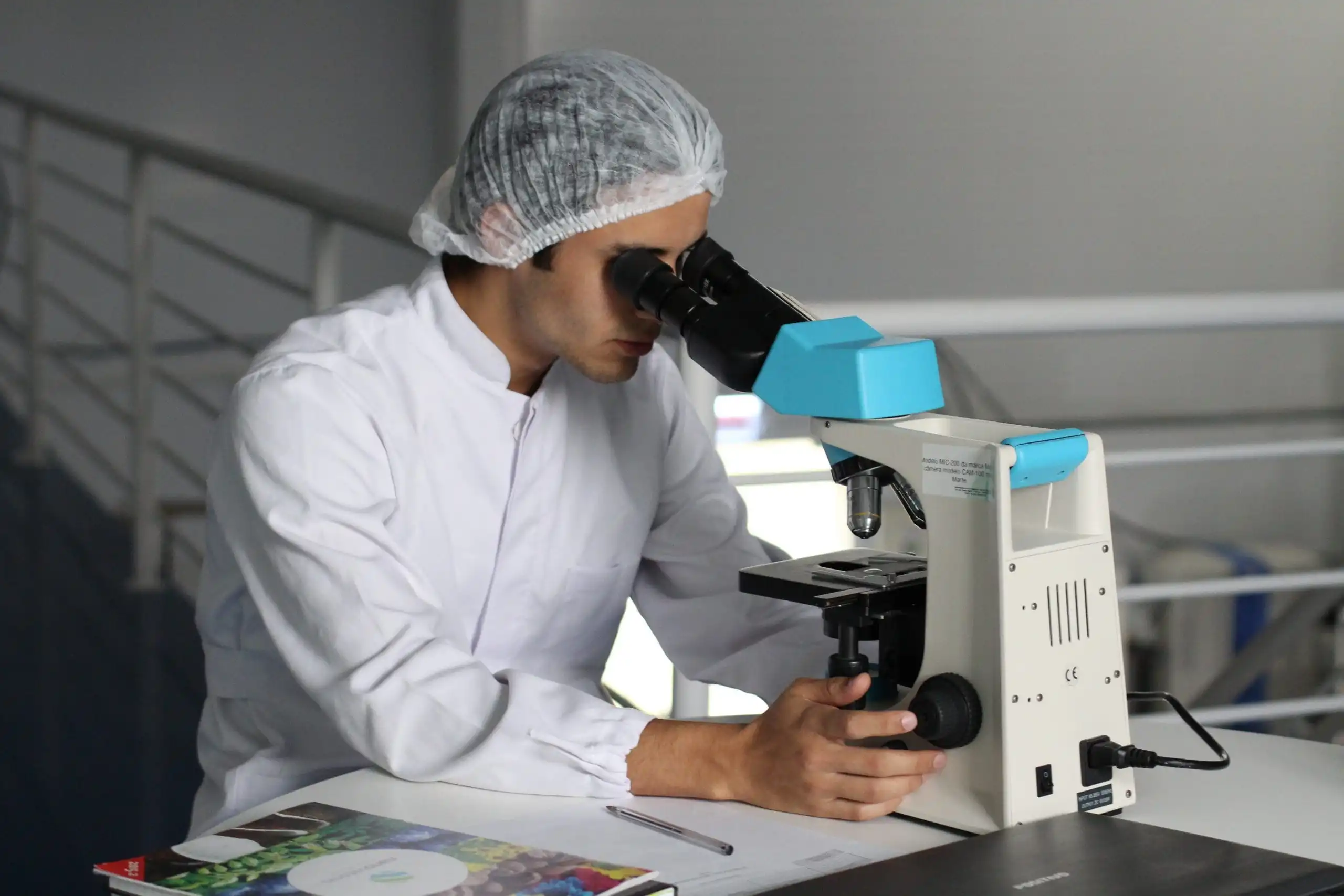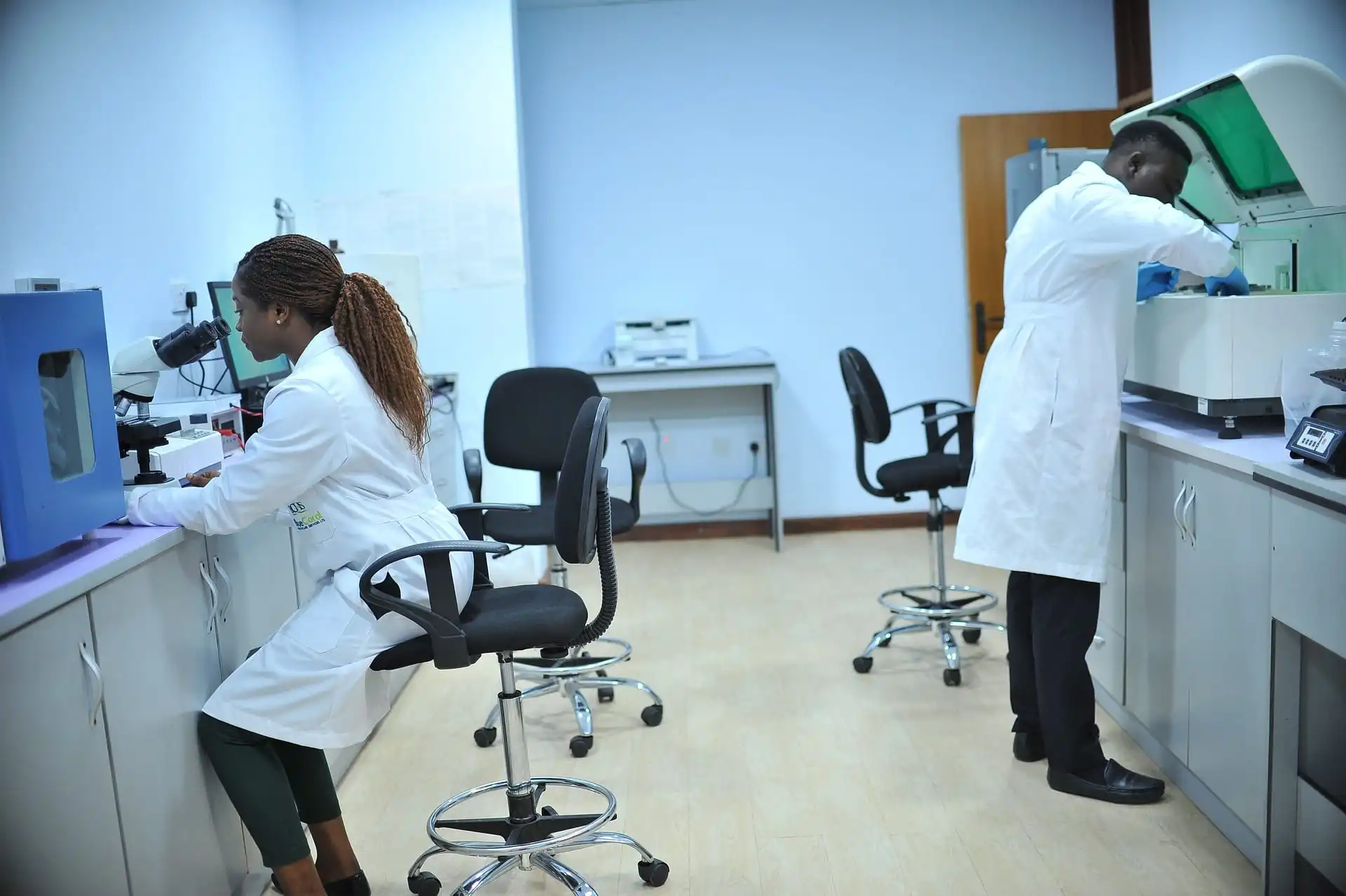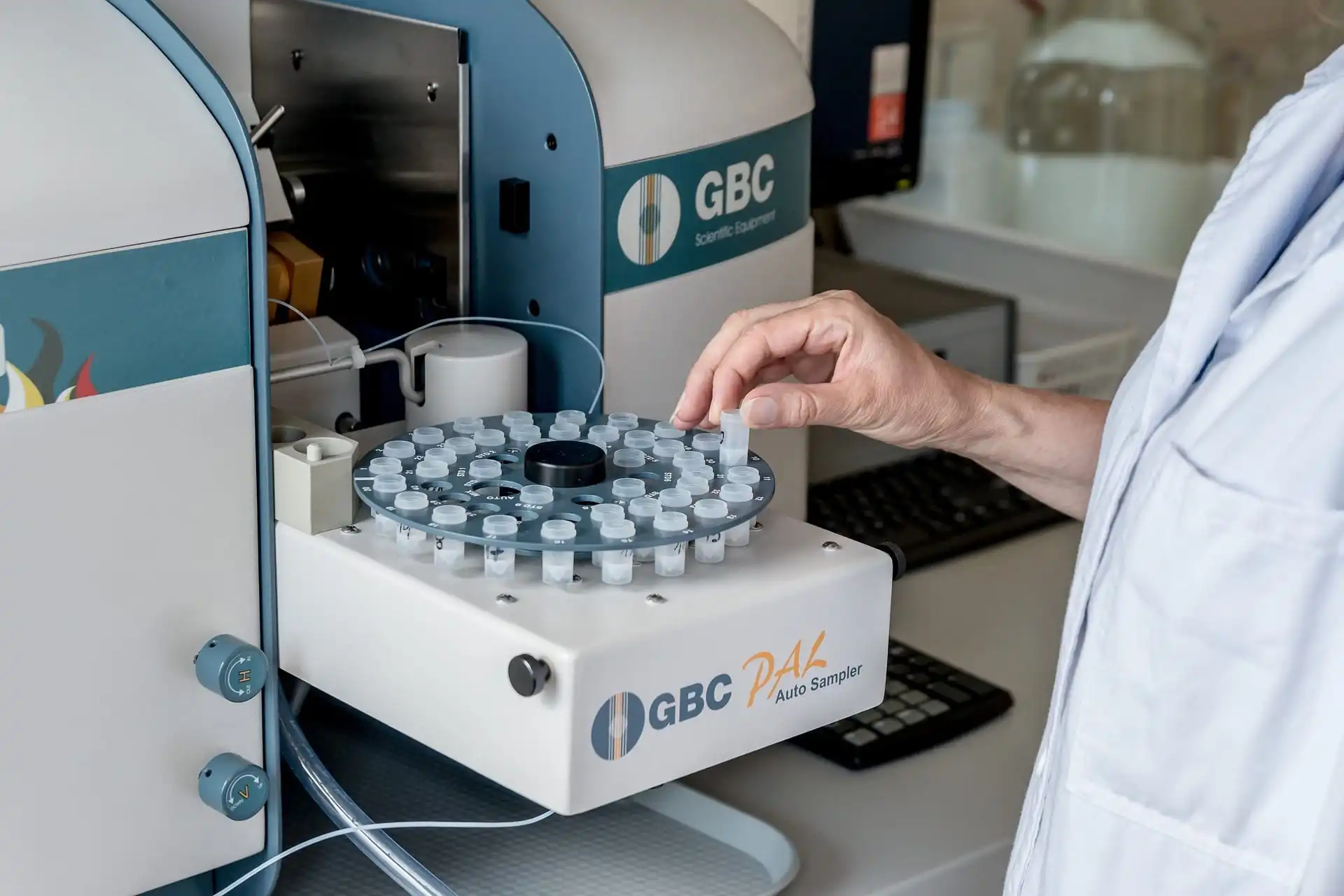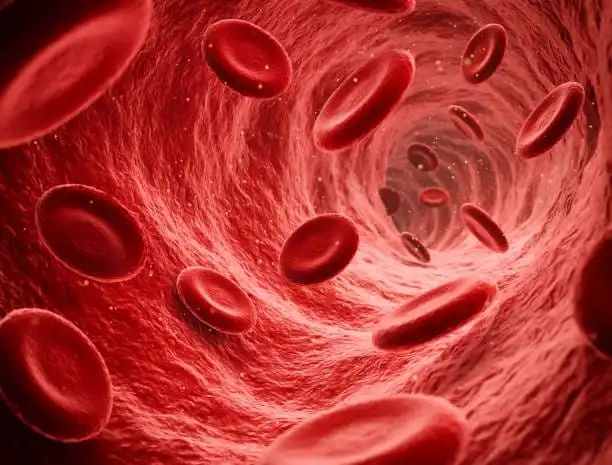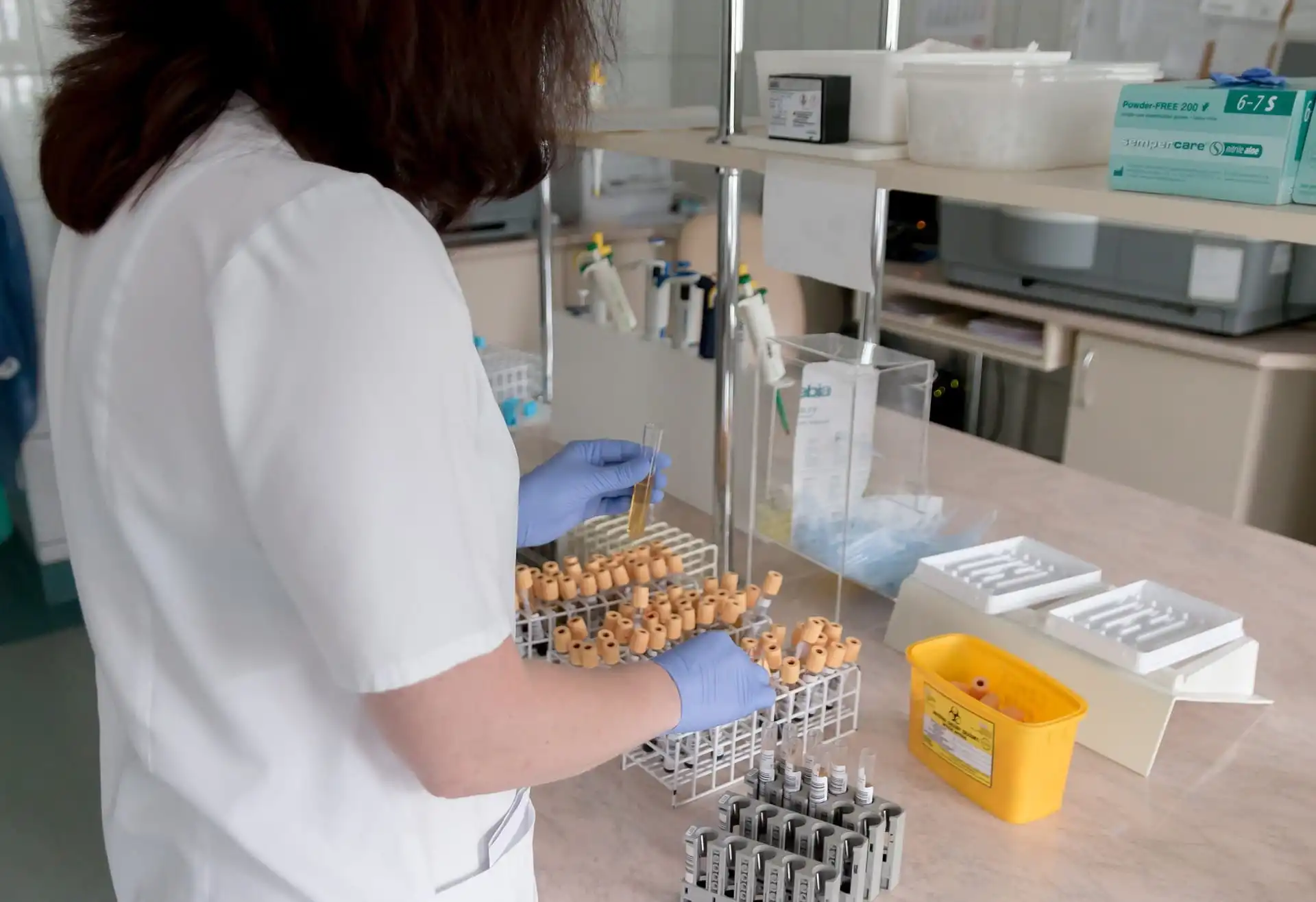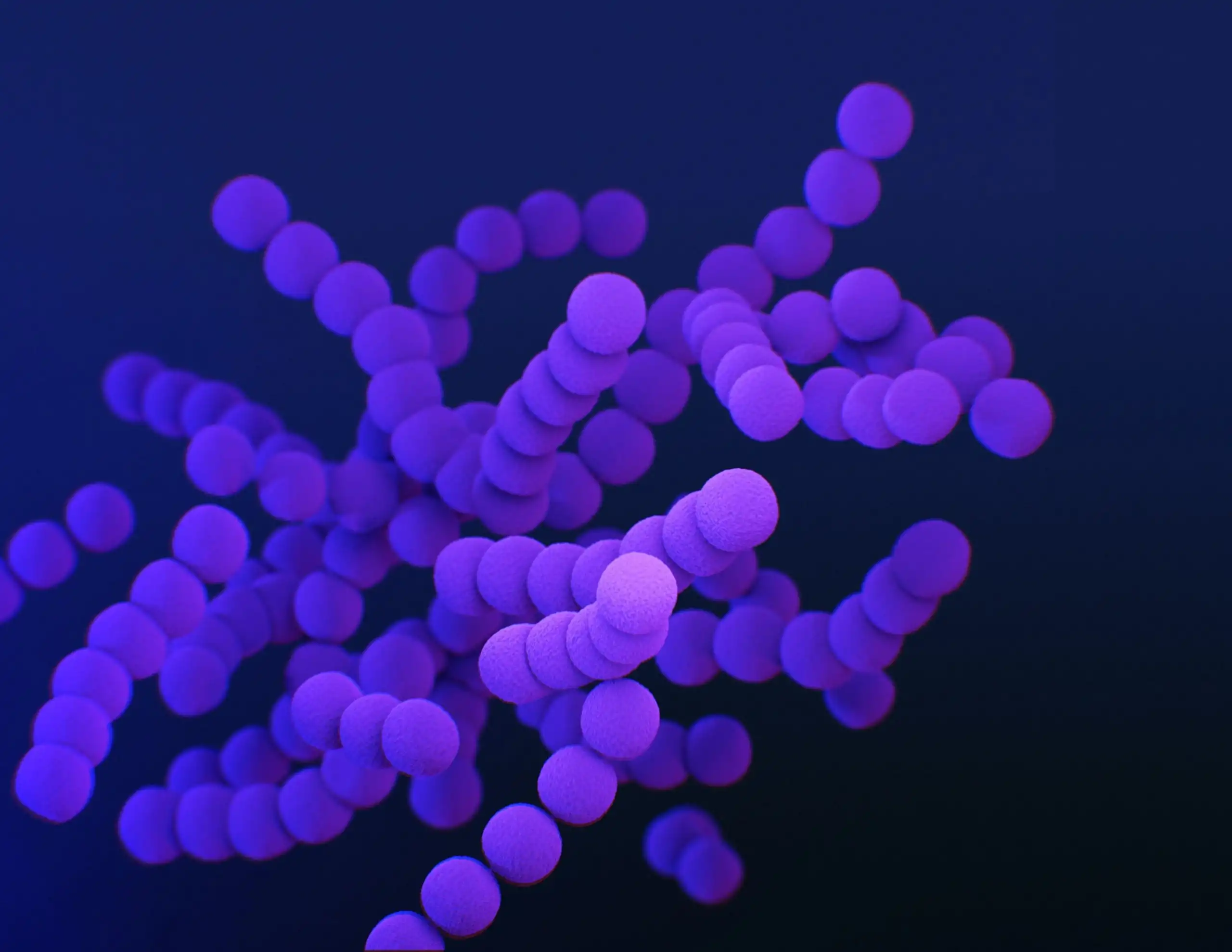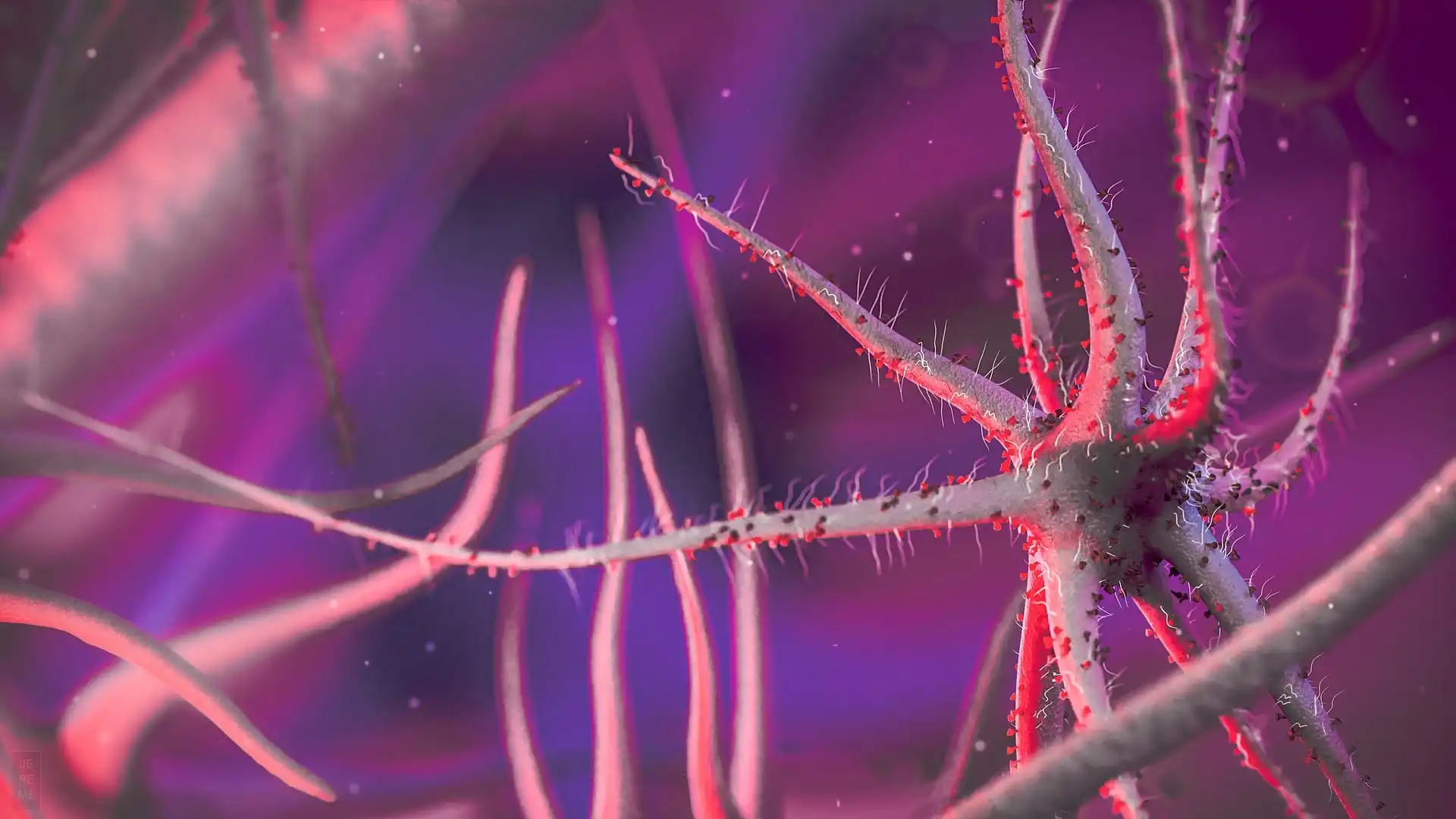
Photo by Sigmund
Nanomedicine, an emerging field at the intersection of nanotechnology and medicine, holds tremendous promise in revolutionizing healthcare as we know it. By leveraging nanoscale materials and devices, nanomedicine seeks to diagnose, treat, and prevent diseases at a molecular level, offering targeted and personalized therapies with unprecedented precision. As this cutting-edge discipline continues to advance, the future of nanomedicine is poised to transform the landscape of healthcare, leading to improved patient outcomes and a higher quality of life. In this article, we will explore the potential applications, challenges, and ethical considerations of nanomedicine in shaping the future of medicine.
Want to buy GMP API pharmaceutical ingredients ?
MedicaPharma ensures access to GMP active pharmaceutical ingredients across multiple resilient global supply chains. Click here to view a full GMP API product list.
MedicaPharma is capable of supplying all GMP materials needed; our experience with sourcing materials that are difficult to obtain makes us the ultimate choice; just challenge us, we will find any material you need.
Add your Chemical Name below and click GO
Get your requested raw materials quotation
Table of Contents
Nanoparticles for Targeted Drug Delivery
One of the most significant contributions of nanomedicine lies in targeted drug delivery. Nanoparticles, typically in the range of 1 to 100 nanometers, can be engineered to carry therapeutic agents directly to specific cells or tissues within the body. This approach minimizes the side effects of conventional treatments by reducing the exposure of healthy cells to toxic drugs.
In the future, nanomedicine is expected to enable more precise and effective treatments for various diseases, including cancer, cardiovascular disorders, and neurological conditions. By tailoring nanoparticles to attach only to specific diseased cells, therapeutic agents can be released precisely where they are needed, increasing treatment efficiency and reducing the risk of systemic toxicity.
Get your requested raw materials quotation
Early Disease Detection and Diagnosis
Nanomedicine also holds immense potential for early disease detection and diagnosis. Nanoscale sensors and imaging agents can be designed to detect subtle changes in biomarkers or cellular structures, allowing for the identification of diseases at their earliest stages.
For instance, nanosensors may be employed to detect cancer-related biomarkers in blood samples, enabling early diagnosis and intervention. Similarly, nanoprobes in imaging techniques can provide enhanced resolution and sensitivity, aiding in the detection of tumors and abnormalities not visible through traditional imaging methods.
Regenerative Medicine and Tissue Engineering
The field of nanomedicine is contributing to advances in regenerative medicine and tissue engineering. Nanomaterials can be used as scaffolds to support the growth and regeneration of damaged tissues and organs. By mimicking the extracellular matrix, nanomaterials facilitate cell adhesion, proliferation, and differentiation, guiding tissue regeneration and repair.
In the future, nanomedicine may lead to the creation of complex, functional organs for transplantation, reducing the reliance on donor organs and alleviating the organ shortage crisis. Additionally, nanotechnology can enhance the efficacy of stem cell therapies by precisely delivering stem cells to damaged tissues, enhancing their regenerative potential.
Non-Invasive Therapies and Nanorobotics
Advancements in nanorobotics have the potential to revolutionize non-invasive therapies. Nanorobots, also known as nanobots, are tiny machines designed to navigate through the human body to perform targeted tasks. These nanobots can deliver drugs, repair tissues, or even perform microsurgeries at the cellular level.
The future of nanorobotics in medicine is promising. By employing artificial intelligence and autonomous navigation systems, nanorobots could be programmed to identify and treat diseases independently. For example, nanobots could locate and destroy cancer cells with remarkable precision, without the need for invasive procedures.
Challenges and Ethical Considerations
While the potential of nanomedicine is undeniably exciting, several challenges and ethical considerations must be addressed to ensure its responsible and safe integration into healthcare.
- Nanoparticle Toxicity: The safety of nanoparticles for human use is a significant concern. As nanoparticles are engineered to interact with biological systems, their potential toxicity and long-term effects on the human body need to be thoroughly studied and regulated.
- Manufacturing and Scalability: The large-scale production of nanomedicine products and nanodevices remains a challenge. Ensuring the reproducibility and scalability of nanotechnology-based treatments is essential to make them widely available and affordable.
- Regulatory Framework: The development and commercialization of nanomedicine require a robust regulatory framework that addresses safety, efficacy, and ethical considerations. Government agencies and stakeholders must collaborate to establish clear guidelines for the approval and use of nanomedicine products.
- Ethical Implications: Nanomedicine raises ethical questions regarding privacy, informed consent, and access to treatments. Ensuring equitable access to nanomedicine therapies for all patients is essential, as well as addressing concerns related to genetic manipulation and enhancement.
Where to Buy GMP-Grade CDCA
MedicaPharma is an EU-based API supplier and distributor that leverages relationships with the world’s leading manufacturers to provide clients and partners with high-quality GMP-certified APIs and raw materials. Click here for a product list.
Conclusion
The future of nanomedicine holds immense promise in revolutionizing healthcare and improving patient outcomes. With targeted drug delivery, early disease detection, and regenerative medicine, nanotechnology offers unparalleled precision and efficacy in treating various diseases. Non-invasive therapies and nanorobotics present new avenues for minimally invasive interventions, while ethical considerations emphasize the need for responsible development and equitable access to nanomedicine.
As research and development in nanomedicine continue to advance, collaboration between scientists, healthcare professionals, regulators, and ethicists is vital to unlock the full potential of this transformative field. By addressing challenges and ethical concerns proactively, nanomedicine has the potential to pave the way for a new era of personalized, precise, and patient-centered healthcare.
